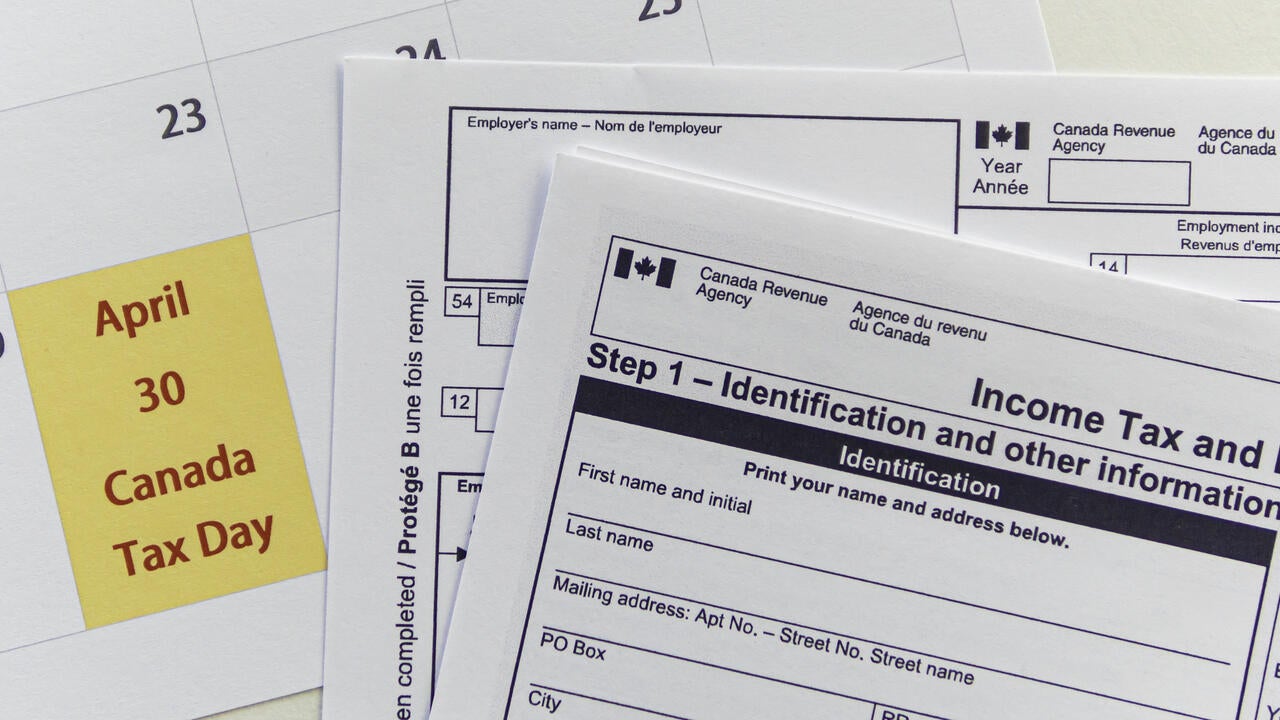
Q and A with the experts: Filing your taxes after a year of COVID
Professor Andrew Bauer of the School of Accounting and Finance examines some of the things to consider when filing your taxes this year.

Professor Andrew Bauer of the School of Accounting and Finance examines some of the things to consider when filing your taxes this year.
By Media RelationsProfessor Andrew Bauer of the School of Accounting and Finance examines some of the things to consider when filing your taxes this year.
What are some important considerations when filing your 2020 tax returns?
For individual tax filing, the deadline is April 30.
For self-employed taxpayers, the deadline is June 15.
Lower-income taxpayers who made $75,000 or less of taxable income and received a COVID-19 benefit in 2020—such as Canada Emergency Response Benefit, Canada Recovery Benefit (CRB) or Canada Emergency Student Benefit—do not have to pay any tax owing until April 30, 2022.
The lower-income category of taxpayers will also not accrue any interest in that time. This is helpful, as many Canadians may find they have an amount owing this year that they do not ordinarily have. All COVID-19 benefits are taxable, and most had little to no tax withheld in 2020, which will be confirmed by your T4A or T4E from the federal government.
In addition, most COVID-19 benefits introduced in 2020 remain available. For individuals, that includes CRB for those who are ineligible for employment insurance, and Canada Recovery Caregiving Benefit for those unable to work while caring for a child or family member.
For businesses, that includes Canada Emergency Rent Subsidy to partially cover rent and property tax and Canada Emergency Wage Subsidy to partially support wages for employees. Indigenous people will also be treated as if their employment or residence is on a reserve if either has otherwise been changed because of COVID-19 restrictions.
What benefits employees working from home can claim this year?
One other difference for filing 2020 taxes is the availability of the home-office expense deduction. Employees working more than 50 per cent of their time from home, for at least four consecutive weeks, due to the pandemic in 2020 can claim this expense. The Canada Revenue Agency provides a handy guide for taxpayers explaining the two different methods to calculate the deduction.
The simple method requires little effort and no help from your employer. You need only to determine the number of work from home days to a maximum of 200 and multiply by $2/day. That gives a maximum deduction of $400 for the year.
The detailed method requires itemizing your home office expenses and multiplying by the proportions of i) your home used for work and ii) your working hours from home. You also need your employer to provide a T2200S; thankfully, many employers have communicated that this declaration form is available to any employee requesting it. The detailed method has no maximum deduction, but homeowners’ eligible expenses are limited mainly to utilities, hydro, and internet, while renters can also claim rent paid.
What impact will one year of COVID in Canada have on tax revenues?
Tax revenues will surely be lower and deficits higher, meaning the need for government planning to address these issues. A federal budget is expected soon, and the House of Commons Finance Committee produced a pre-budget consultation report on February 16, 2021, with 145 recommendations. While that is certainly more than any one budget could tackle, whatever recommendations are chosen will require a careful balance of spending allocations and taxes.
Here are a few highlights from the recommendations that may interest the average Canadian:
Increased support or standards are desired for childcare, long-term care, and mental health recovery.
Reforms to the Scientific Research and Experimental Development Tax Incentive Program could help foster new and sustainable innovation by Canadian companies to stimulate the economy.
Affordable housing projects could support much-needed homes for low-income individuals and the availability of new jobs to complete those projects.
An extension of COVID-19 support programs is recommended, as well as on-going consideration of a new universal basic income.

An international team of researchers has proposed ways to train large language models to be wiser and to measure AI wisdom (Getty Images/PhonlamaiPhoto).
Read more
International study suggests ways to train large language models in wise reasoning and measure the wisdom of AI

Read more
To meet our AI ambitions, we’ll need to lean upon Canada’s unique strengths

Read more
New research from the University of Waterloo centres Haudenosaunee-led efforts in the repatriation and reclamation of cultural and intellectual property
The University of Waterloo acknowledges that much of our work takes place on the traditional territory of the Neutral, Anishinaabeg, and Haudenosaunee peoples. Our main campus is situated on the Haldimand Tract, the land granted to the Six Nations that includes six miles on each side of the Grand River. Our active work toward reconciliation takes place across our campuses through research, learning, teaching, and community building, and is co-ordinated within the Office of Indigenous Relations.